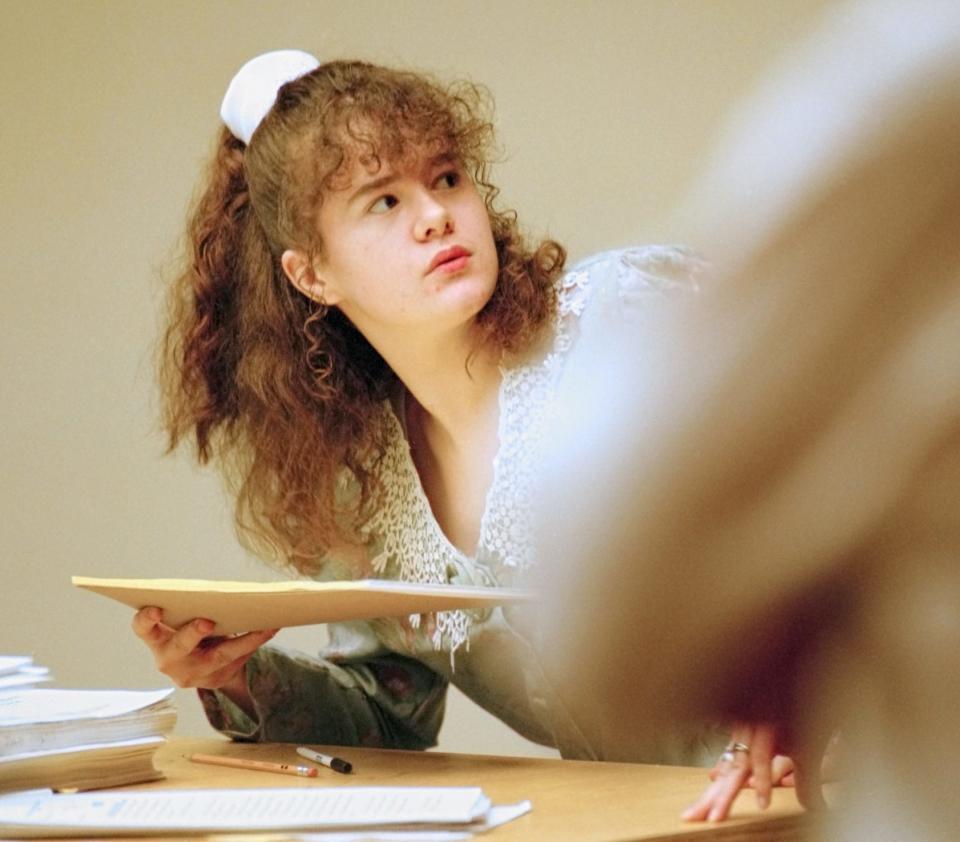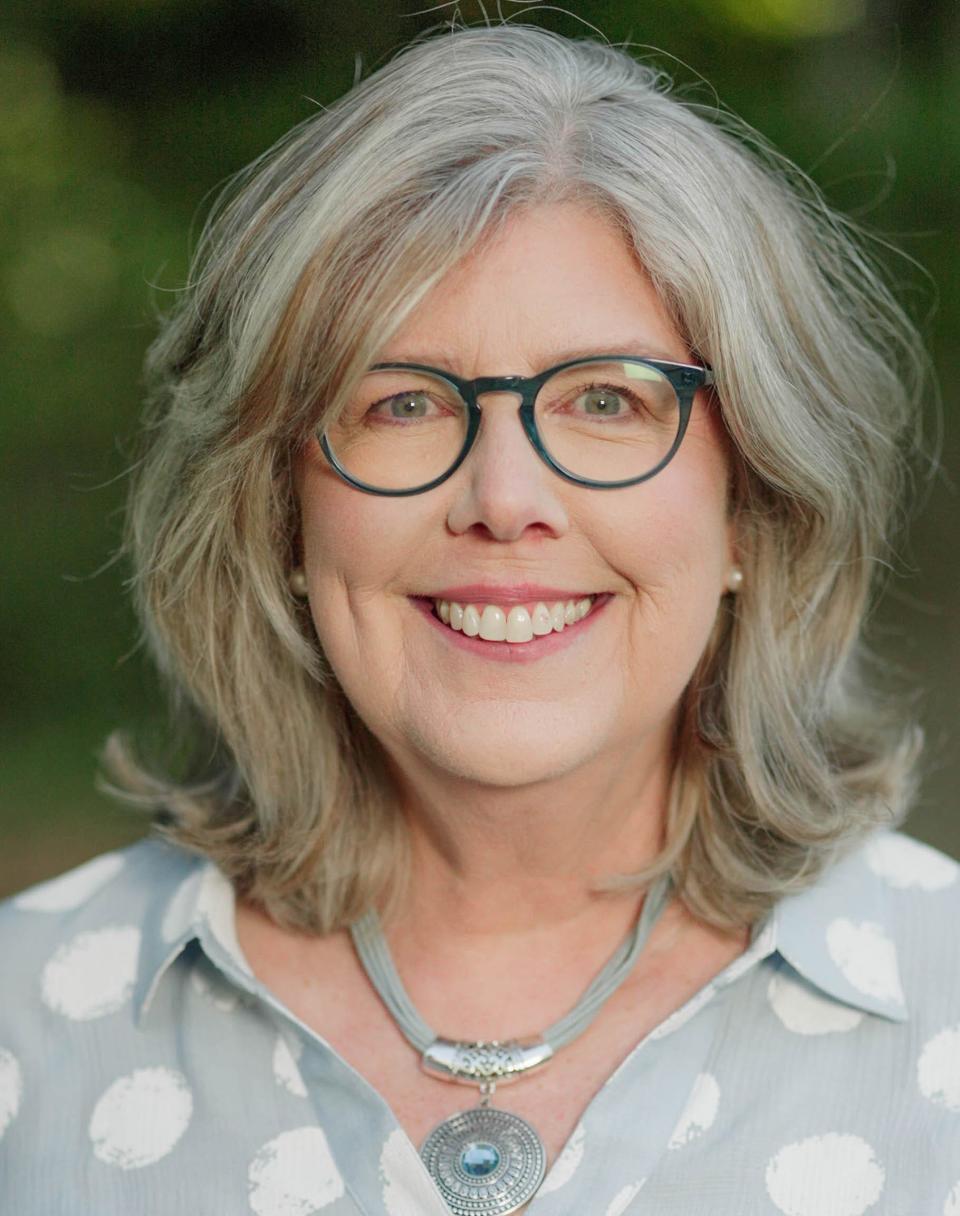Tennessee was reckless about the death penalty. This does not reflect a just society.
Is it possible that everyone accused of a crime doesn’t get a fair shake? Are all punishments created and distributed equally? I used to think so.
When Christa Pike was 18 years old, she and Tadaryl Shipp were convicted in Tennessee of being equally culpable for committing a terrible murder.
Shipp, who was a few months younger than Pike at 17 got life in prison and will be up for parole in 2026. Pike received the death penalty. Is that fair? She has been on death row 27 years, essentially in solitary confinement because she is the only woman on Tennessee’s death row.
Her lawyers have filed a motion to re-open her appeals based on a recent decision from the Tennessee Supreme Court, pointing out that it was not equitable, among other things.
Another view: Why Tennessee should stop executing mentally ill prisoners
Tennessee did not follow its own rules for executions
I’ve always lived with an assumption about fairness in the judicial system. You do the crime, you do the time, right? As a white, middle-class woman, I never worried that I would be convicted for something I didn’t do, or that it wouldn’t be decided on an even playing field if I was accused of a crime. What a privilege to have that belief!

But I can see, like anyone else willing to notice, that the system doesn’t always work the same way for everyone.
To his credit, Republican Gov. Bill Lee temporarily paused executions in May 2022, and called for an independent review of the process, to address a “technical oversight” that led him to halt Oscar Franklin Smith’s execution by lethal injection less than a half-hour before it was scheduled to be carried out. However, when that report was released in the final days of 2022, it was damning of the system we have entrusted to kill those criminals deemed “the worst of the worst.”
Turns out, according to the report, that Tennessee hasn’t followed its own rules for killing people since before 2018. This is alarming, especially if you know anyone who has been executed … or if you are just a human who thinks that if their state is going to execute someone, you’d prefer at the minimum that they do it correctly.
Is everyone on the nation’s death rows guilty and “deserve” to be there? I don’t know, although there have been enough exonerations to suggest that everyone there is not guilty. According to the Equal Justice Initiative, for every eight people executed in the U.S., one person on death row has been exonerated.
Hear more Tennessee Voices: Get the weekly opinion newsletter for insightful and thought provoking columns.
Cecil Johnson’s case caused us to question the fairness of the death penalty
My husband Alan and I saw a close-up of this after we signed up through our church with a program in 1994 to visit a death row inmate, Cecil C. Johnson II.
At that time, we didn’t even know what he was convicted of — for years we didn’t look into it, as instructed, so we could just do the one job we’d signed up for: Be his friend, don’t get involved in the case.
Later we began to question the process, his trial, and the rush to it (only eight months from crime to conviction), the unprepared and underfunded representation, the complete lack of physical evidence, the confused and story-changing witnesses, the juror who didn’t understand she could vote for life without parole instead of death. And that 12 years passed before the prosecutors were forced to turn over all the available evidence — some of which surely would’ve helped Cecil’s case — which had been in their files all along.
What? How is that possible? But none of that made a difference and the verdict was the verdict. Cecil, who was Black, was convicted and sentenced to die — which didn’t happen for 29 years, and for 15 of those he was part of our family.
Sign up for Black Tennessee Voices newsletter:Read compelling columns by Black writers from across Tennessee.
Shouldn’t we be concerned about a death row inmate’s innocence?
I do understand that I don’t know what I don’t know: I have not been the victim of a violent crime and have not lost a dear one like that. I don’t know how anyone does get over that, no matter if the criminal is caught and justly punished.
What I can relate to is a loved one dying a violent death, in our case at the hands of the state of Tennessee.
I’m not a policymaker or politician but I’ve been close to a person who was executed – I looked in his eyes that very morning and placed my hands up to the glass with his hands on the other side — and among the concern that our state may have killed an innocent person, is the concept of cruelty and barbarism.

Is this who we are? Is this our society? Currently, it sure seems to be.
Suzanne Craig Robertson, a lifelong Tennessean, will discuss her book, “He Called Me Sister: A True Story of Finding Humanity on Death Row,” at the Southern Festival of Books in Nashville on Oct. 22 at 3:30 p.m.
This article originally appeared on Nashville Tennessean: Capital punishment: Tennessee must face unjust death penalty practices

